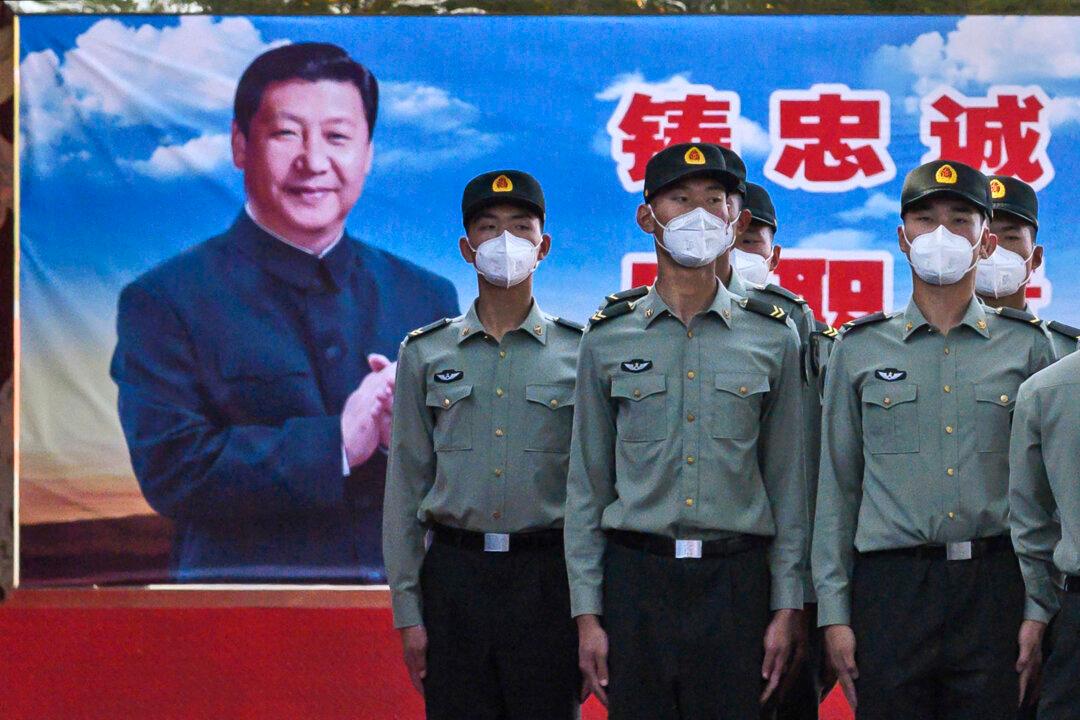Commentary
During China’s top political annual meetings, the weeklong “Two Sessions” that concluded on March 11, Chinese leader Xi Jinping made new moves to centralize power, sparking widespread concern at home and abroad.

During China’s top political annual meetings, the weeklong “Two Sessions” that concluded on March 11, Chinese leader Xi Jinping made new moves to centralize power, sparking widespread concern at home and abroad.